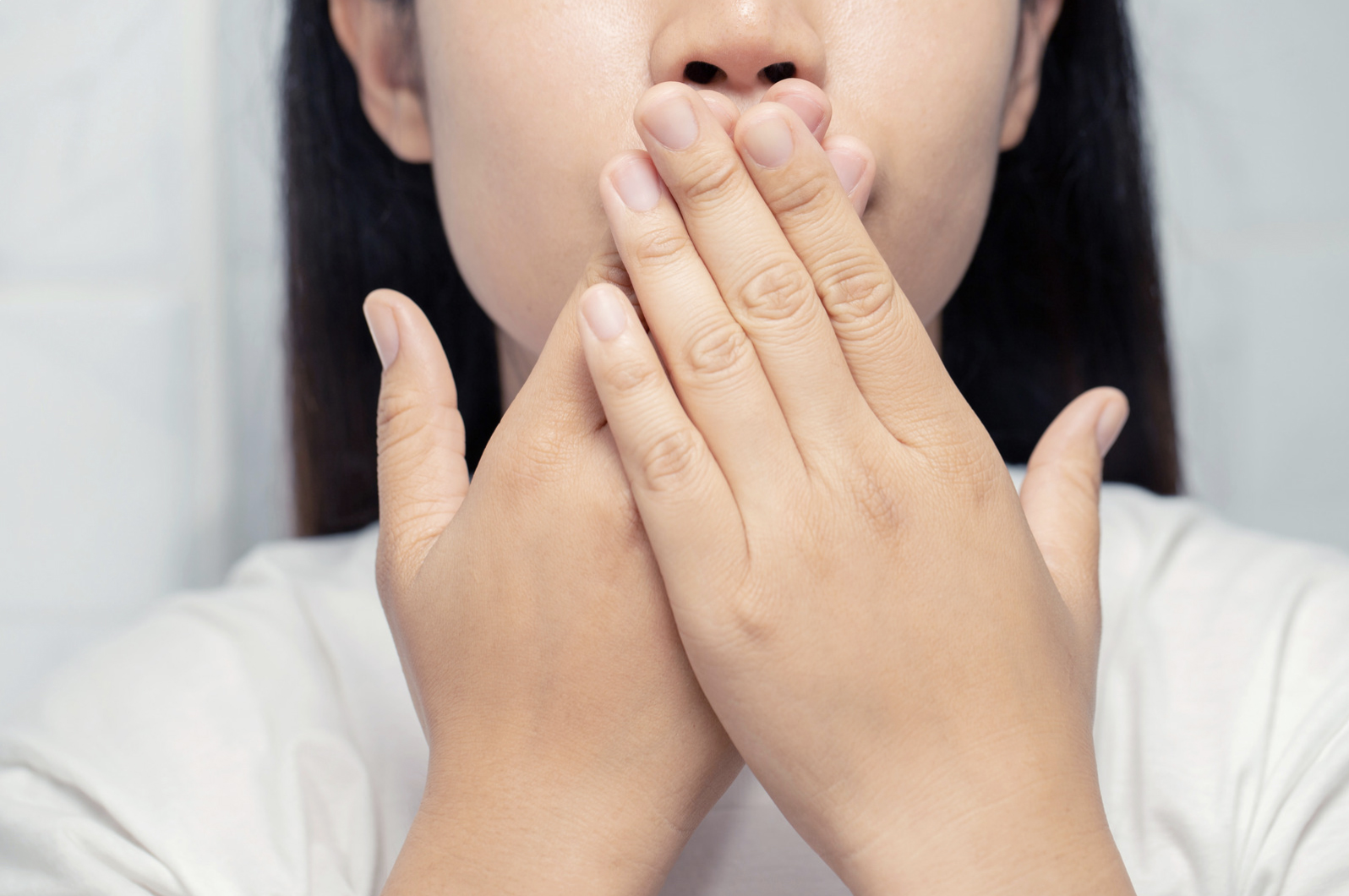Healthy habits to cure unwanted odors from your mouth
We’ve all been there. Whether it’s an important interview, a first date, or just being close to others, it’s embarrassing to deal with bad breath. On the other hand, it’s not so pleasant to be on the receiving end of bad breath either! The good news is, there are healthy habits we can put into practice to decrease or eliminate the effects of this common odor problem. You’re not alone, and there are steps you can take to cure bad breath.
What is bad breath?
The ultimate culprit behind bad breath is a buildup of bad bacteria in the mouth. If you want to be fancy, you can call this chronic issue “halitosis.” Studies have shown halitosis to be a very common problem. There are estimates of around 50% of adults experiencing bad breath at some point in their lives. That’s a lot of bad bacteria.
7 causes of bad breath
Neglecting oral hygiene
Good oral hygiene includes brushing and flossing your teeth daily to break up plaque before it becomes an odor issue and getting your teeth cleaned regularly
Consuming odor-causing foods, coffee, or alcoholic beverages
Enjoying a cup of coffee or an alcoholic beverage causes your mouth to lessen its saliva production. Without saliva, you’re left with a greater chance of bacteria buildup. Additionally, strong foods like garlic, onion, or certain spices make the trek through your bloodstream to your lungs. This contributes to continued bad breath as the odorous air exits the lungs when you breathe.
Smoking
Beyond the obvious odor-causing effects, smoking leads to much deeper health concerns with its track record in various gum damage and diseases.
Dealing with digestive issues
If you’re prone to acid reflux, you’ll experience bad breath due to food returning through the esophagus.
Taking prescription medications
The most common bad breath-related side effect from medications is its contribution to dry mouth. But, another factor in prescription medications is the breakdown of certain chemicals that can make their way to your breath.
Dry mouth
If your mouth isn’t producing enough saliva, this can naturally affect its ability to regularly cleanse the area as it needs to. This opens a door for extra buildup of odorous bacteria to thrive.
Various illnesses or infections
In some cases, your bad breath can alert you to further complications. Pay attention to your body’s signals and how you can best support oral health.
How to freshen your breath
You can breathe a sigh of relief. Even though this issue is common, curing bad breath is usually a simple fix. Check out the ways the Pearline Clean Team recommends combating bad breath that will lead to fresher breath.
Practice good oral hygiene
- Brush your teeth twice a day for at least two minutes
- Floss after every meal with clean floss
- Clean your tongue regularly with a tongue scraper
- Rinse with antibacterial mouth rinse twice a day for 30 seconds each time
- Swap out your toothbrush regularly
- Have your teeth cleaned by a dental professional every 3 months
Be aware of foods and habits affecting your breath
- Make sure your mints and chewing gum are sugar free, with xylitol (a great natural alternative to sugar)
- Drink a lot of water, especially after meals
- Eat more fresh produce
- Drink less alcohol
- Stop smoking
Visit us at Pearline Health
Scheduling a visit with us every 3 months for a cleaning can be an easy way to boost oral health! Our guests rave about our quick, easy, and efficient Clean Specialists, who are all Registered Dental Hygienists. We’ll see you soon, and you can kiss your bad breath away.
